Archives
-
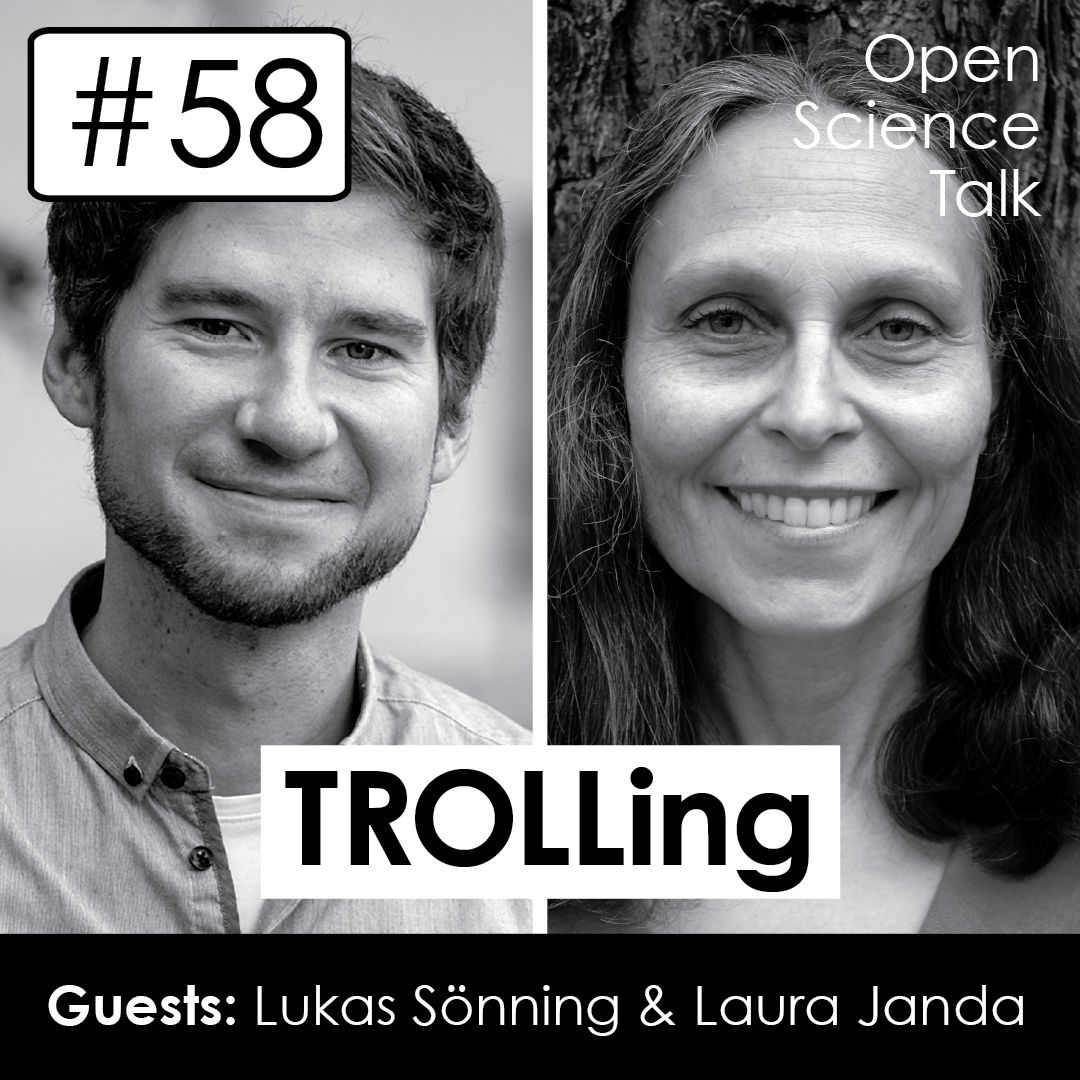
10 Years of TROLLing: A Birthday Podcast Episode
No. 58 (2024)The Tromsø Repository of Language and Linguistics (TROLLing) published its first dataset on June 13, 2014. Since then, the repository has grown to 173 datasets, each of which is available in open access and equipped with metadata explaining its contents. Two of the most frequent users of the archive, professor of Russian linguistics Laura A. Janda and postdoc of English linguistics Lukas Sönning share their experiences and ideas for the future. A key message is how using a curated data repository has helped raising the quality of their own research by making it more transparent and reusable for others.
First published online: June 12, 2024.
-
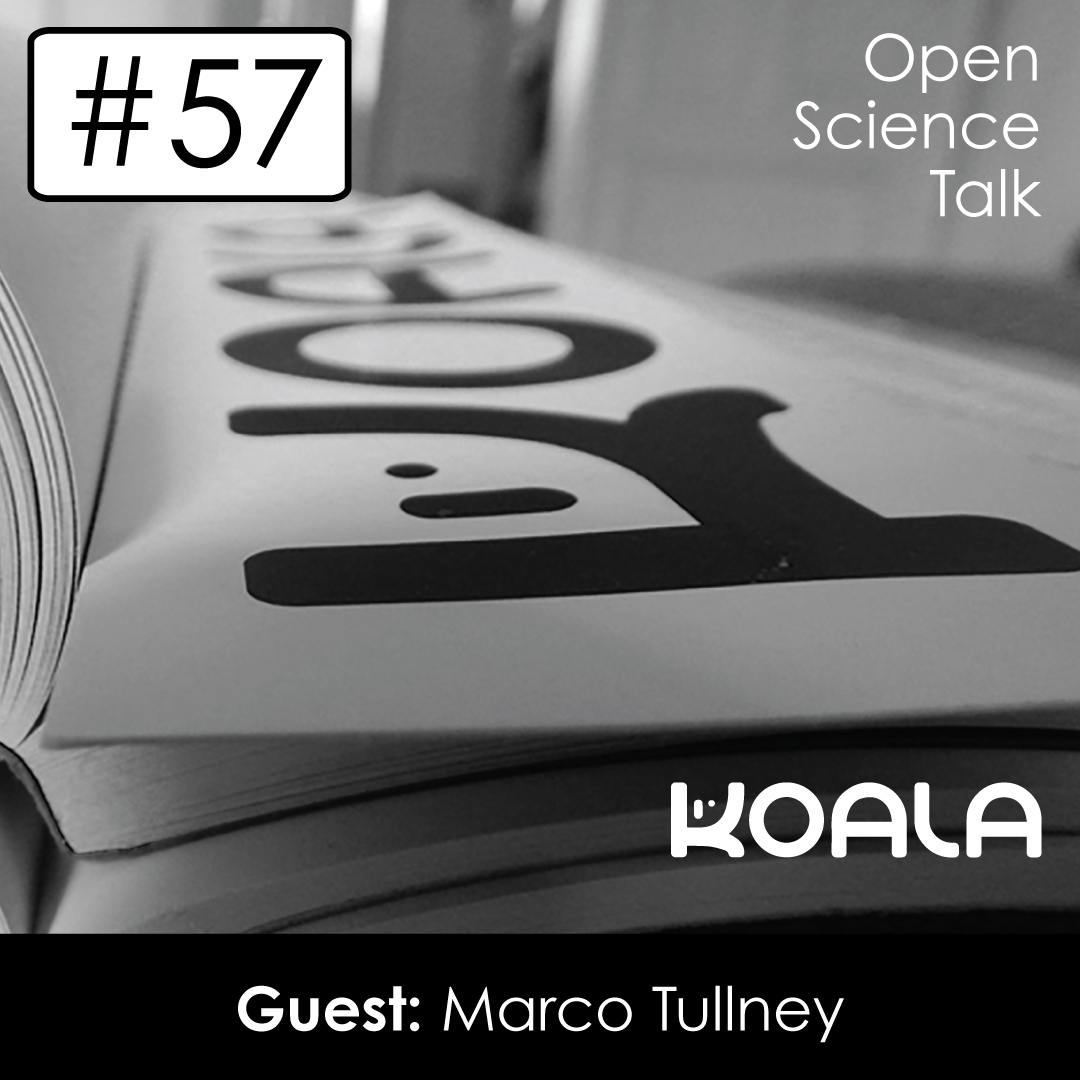
KOALA – Building Support for Diamond Open Access
No. 57 (2024)The German initiative KOALA (in English, Building Consortial Open Access Solutions) is a bottom-up initiative that negotiates funding for Diamond Open Access by cutting into library budgets. By pooling resources from more than a hundred research libraries across Germany, KOALA has so far secured funding for ten peer-reviewed journals and two book series.
First published online: May 3, 2024.
-
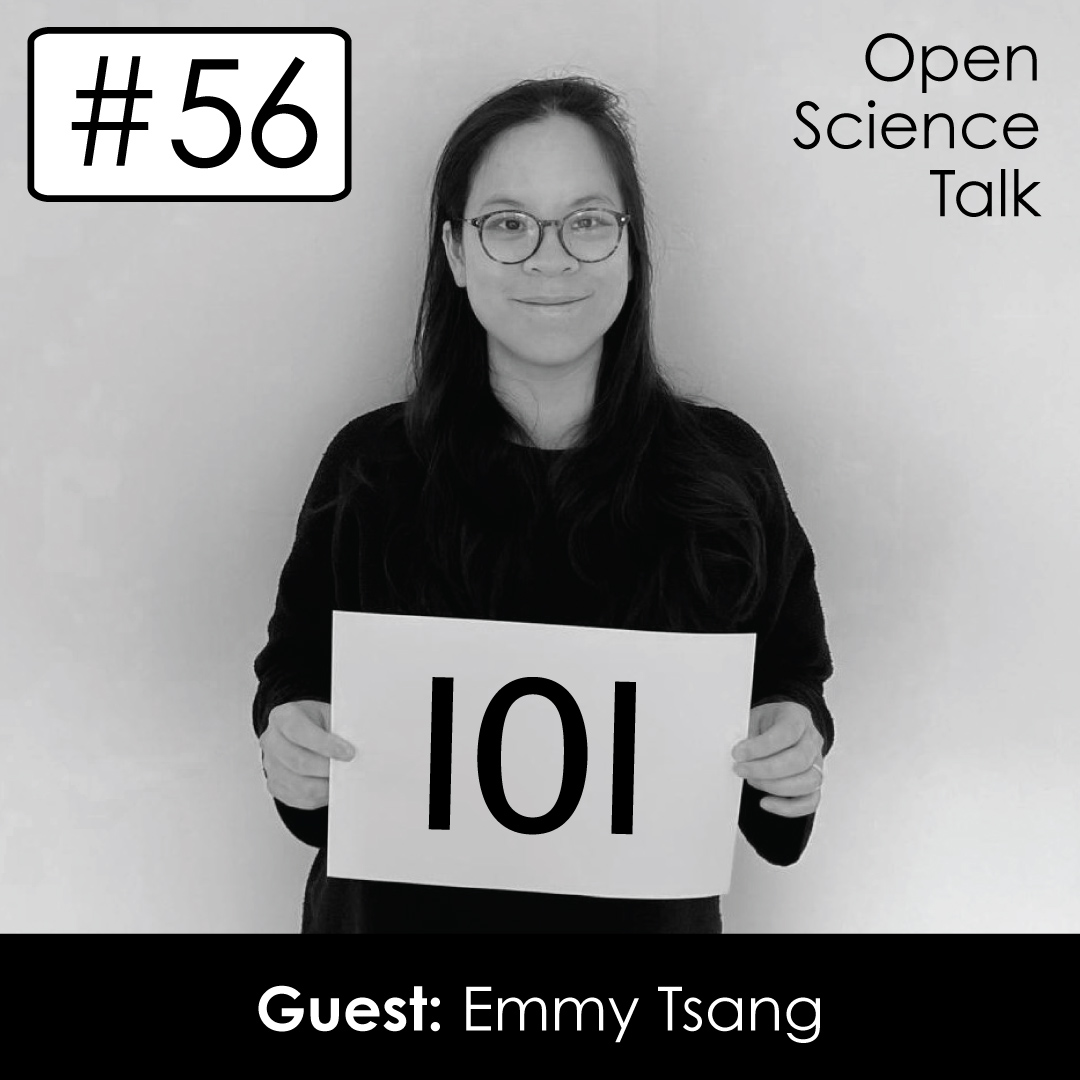
IOI and Infra Finder
No. 56 (2024)The non-profit initiative IOI (Invest in Open Infrastructure) works to increase the investment in, and adoption of, open infrastructure. This podcast episode was recorded in conjunction with the launch of the collaboratively developed, openly available Infra Finder database.
First published online: April 23, 2024.
-
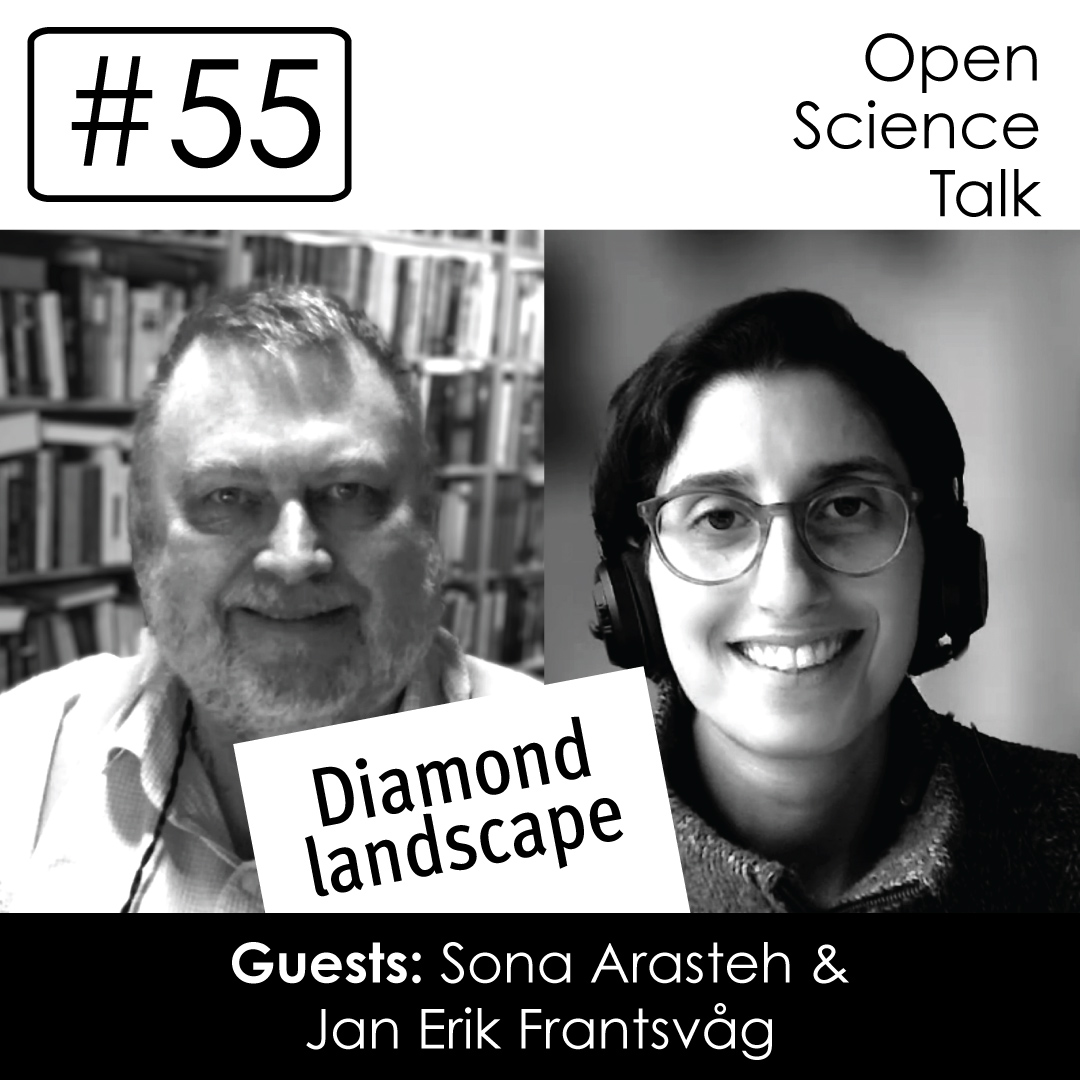
The European Landscape of Institutional Publishing
No. 55 (2024)This episode discusses Diamond Open Access publishing services provided by institutions, occasioned by a recent landscape report on «Institutional Publishing in the E[uropean] R[esearch] A[rea]» and a synopsis of the same report. The main findings of the report are contextualized alongside previously assembled knowledge on Diamond Open Access journals and other on-going and future projects in the field.
First published online: Feb 13, 2024.
-
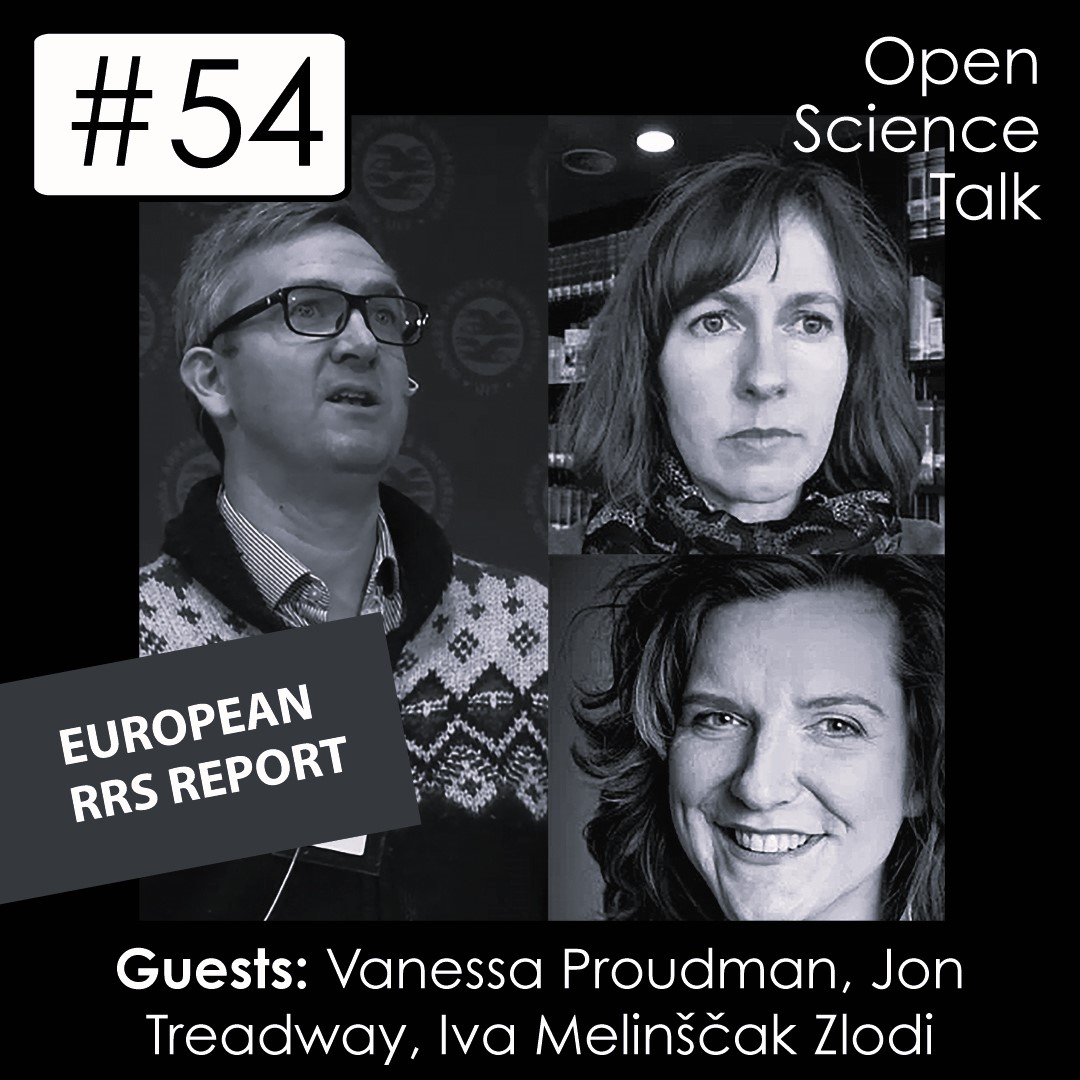
Rights Retention Policies: a SPARC Europe report
No. 54 (2024)A discussion on SPARC Europe's report "Opening Knowledge: Retaining Rights and Open Licensing in Europe" (Zenodo, 28 June 2023). Three of the authors of the report share their thoughts on why the landscape differs so much between countries. They also look to the future of Rights Retention Policies across Europe.
First published online: January 23, 2024.
-
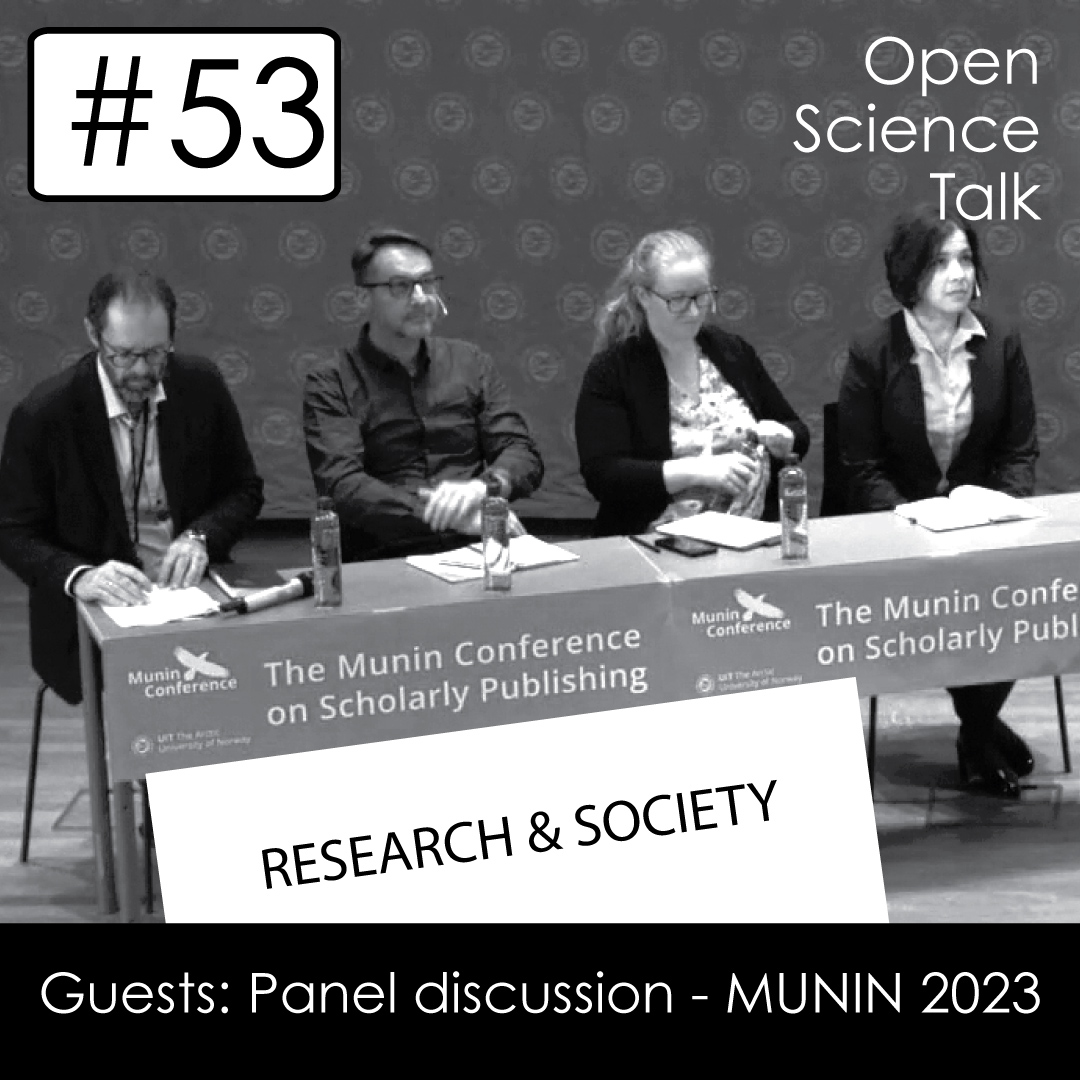
Research Assessment – Navigating Pitfalls and Promoting Change
No. 53 (2023)Podcast version of the closing panel discussion at The 18th Munin Conference on Scholarly Publishing (Tromsø, Norway, 8–10 November 2023). The panel consisted of champions of research assessment reform (Yensi Flores Bueso, University of Washington / University College Cork; Kirstie Whitaker, The Alan Turing Institute) and university leaders (Hervé Dole, vice-president for arts, culture and society at Université Paris-Saclay; Jan-Gunnar Winther, pro-rector for research and development, UiT).
First published as a podcast: December 19, 2023.
-
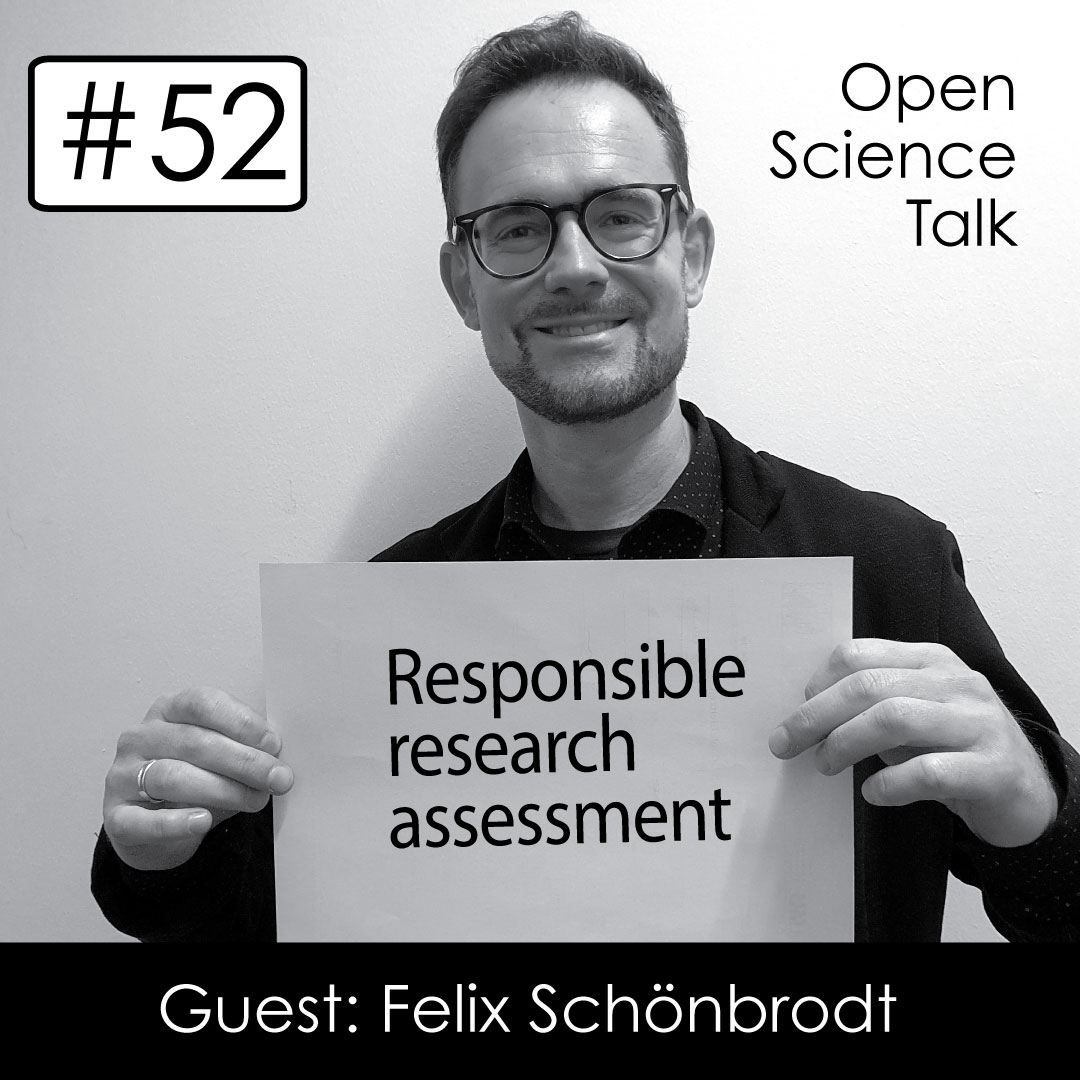
Responsible Research Assessment
No. 52 (2023)Felix Schönbrodt speaks about his work within the German Psychological Society, where he is part of a committee that has developed a set of guidelines for Responsible Research Assessment. A professor at Ludwig-Maximilians-Universität in Munich, Germany, Schönbrodt is also the leader of LMU’s Open Science Centre and has been working actively to promote reproducibility and transparency in science for many years.
First published online: November 29, 2023 -
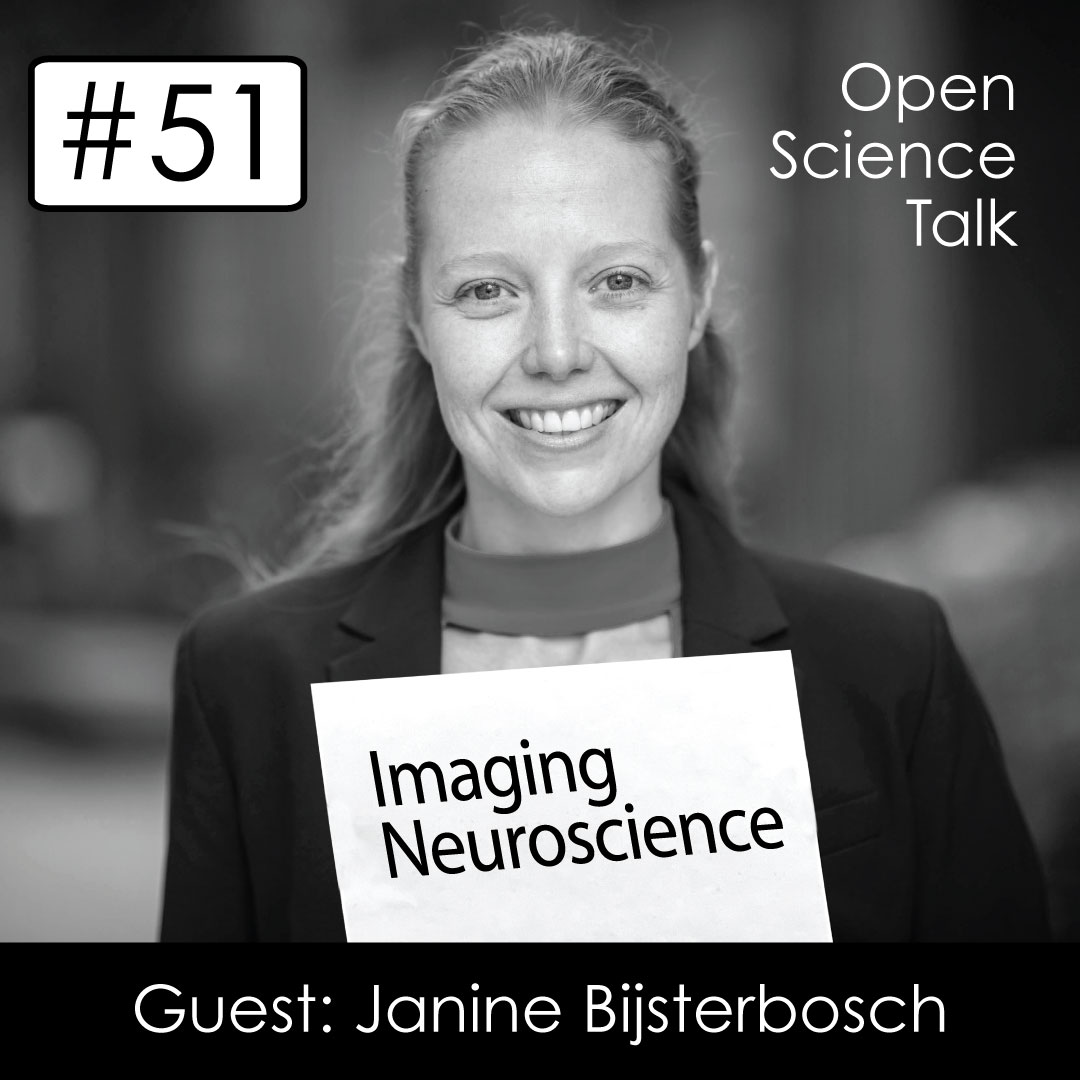
Breaking up with Elsevier
No. 51 (2023)Janine Bijsterbosch, member of the editorial team of Imaging Neuroscience, informs about their recent break with publishing giant Elsevier. The editors collectively left the Elsevier journal Neuroimage, where the impact factor was 7.4 and the cost of publishing (APC) was set at 3,450 US Dollars. Instead, they set up a new, non-profit journal called Imaging Neuroscience. This will be published by MIT Press, with an APC of 1,600 dollars and waivers for authors from low- and middle-income countries. Ambitions are to become the new preferred journal for researchers in its field and at the same time lowering the APC even further.
First published online: June 19, 2023.
-
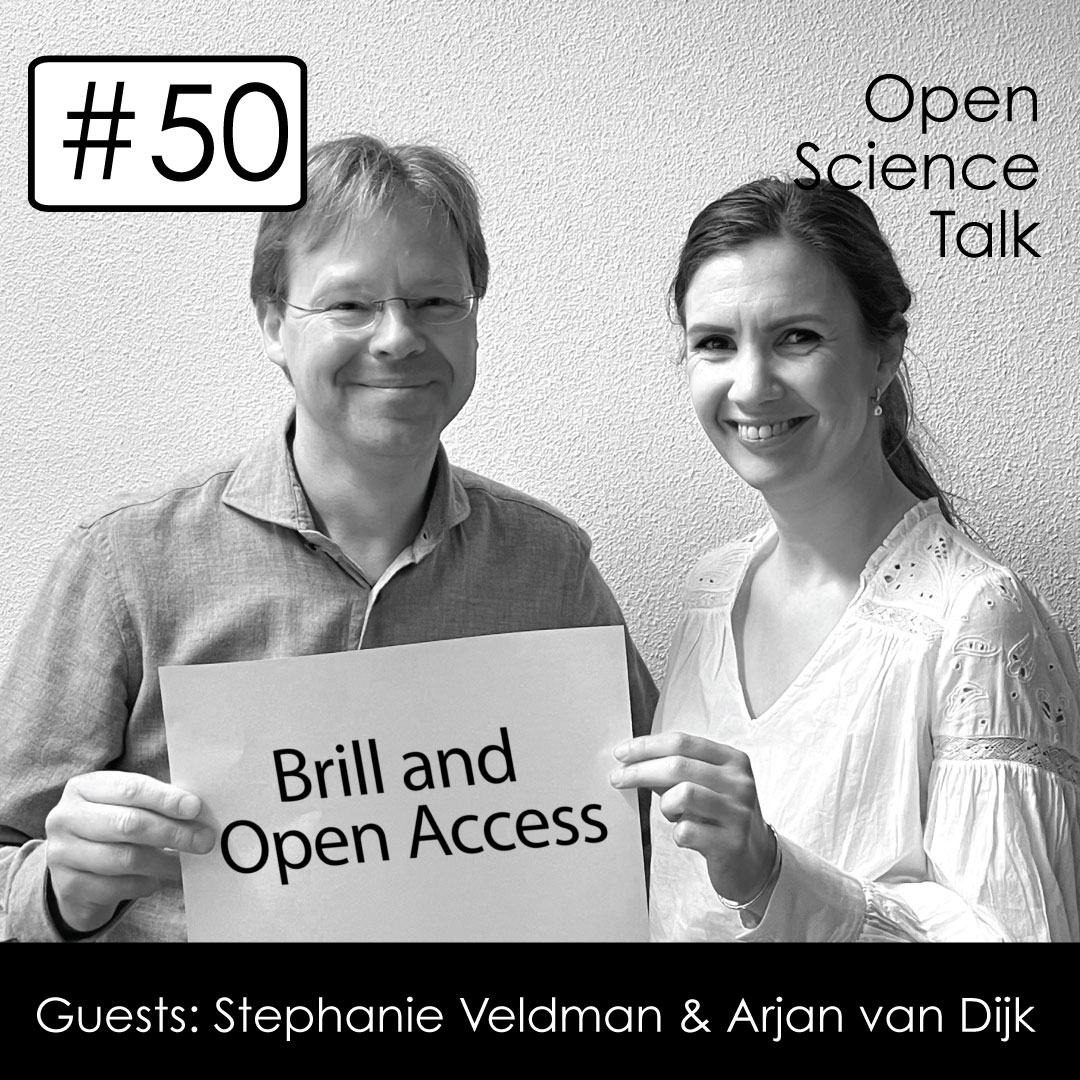
Brill and Open Access
No. 50 (2023)Stephanie Veldman and Arjan van Dijk of Brill Publishing reveal the economic mechanisms and strategic thinking behind their work in open access. A 340-year-old publishing house with strong credentials in the Humanities and Social Sciences, it publishes some 1,400 academic books and more than 300 peer-reviewed journals annually. About 10% of its books are published in open access and 10% of its journals operate according to the Diamond Open Access model. Brill is working to see these figures rise.
First published online: June 7, 2023.
-
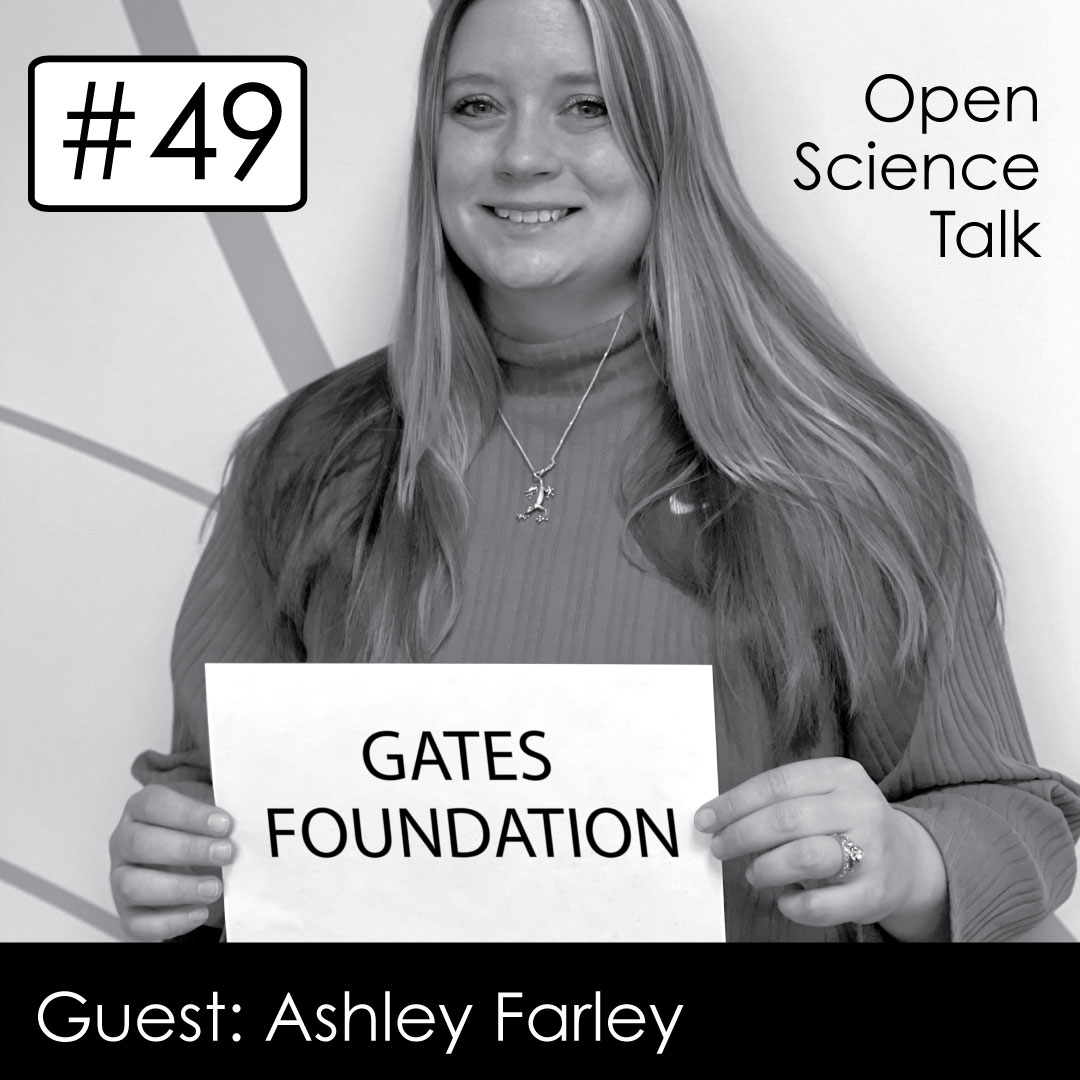
The Bill & Melinda Gates Foundation as promoter of Open Research
No. 49 (2023)An online interview with Ashley Farley, program officer of Knowledge and Research Services at the Bill & Melinda Gates Foundation. As of 2023, the Gates Foundation earmarks some 8,000,000,000 US Dollars annually to its various philanthropic goals. Focusing on global health and global development, the Gates Foundation supports a wide range of research and development activities in fields such as child nutrition, family planning, eradication of poverty and diseases, etc. In this podcast, Farley explains why open research lies at the heart of the Gates Foundation’s strategies.
First published online January 31, 2023.
-
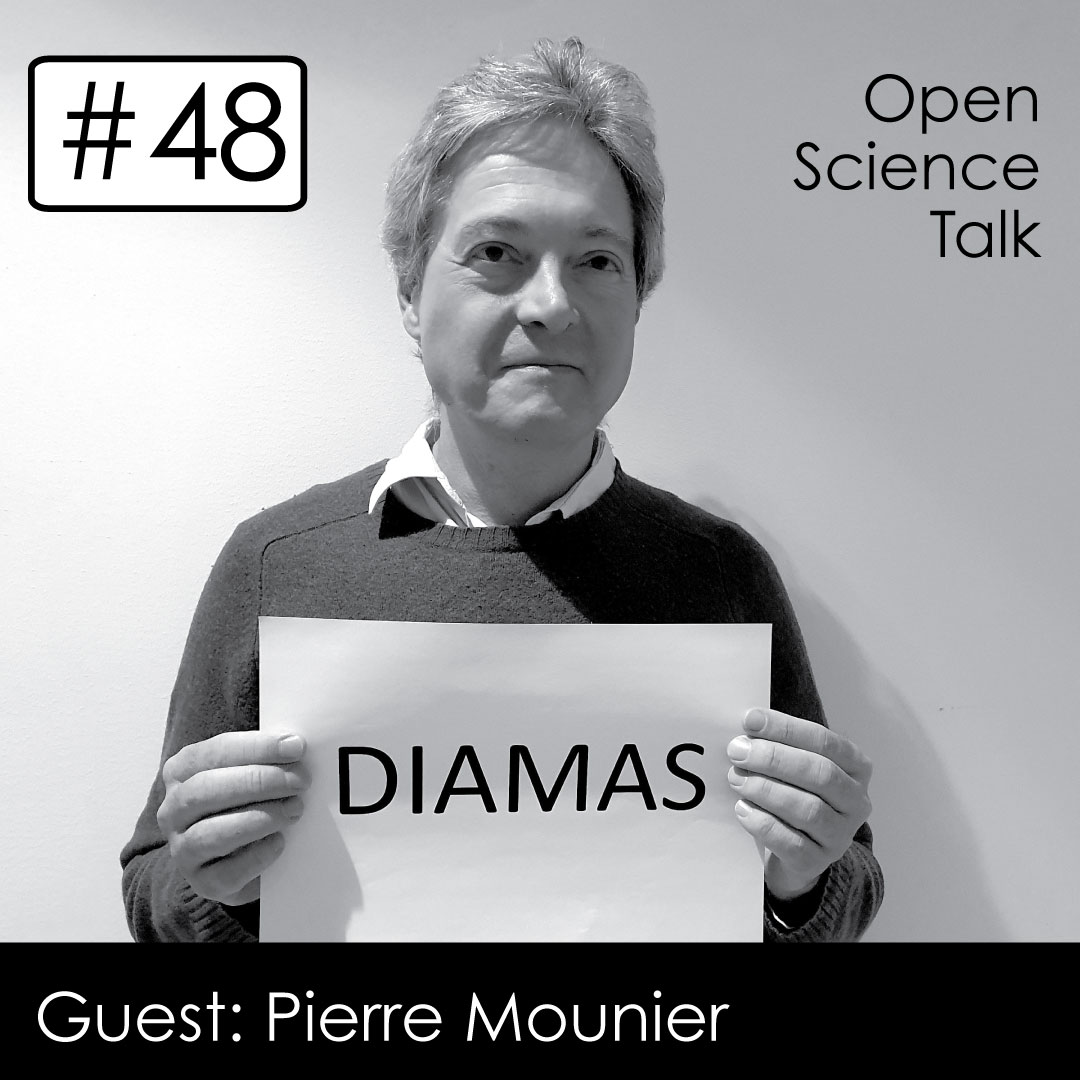
DIAMAS – Supporting high quality Diamond Open Access publishing
No. 48 (2023)An introduction to the project DIAMAS, aimed at investigating and supporting “diamond” open access publishing models, i.e. free for the reader as well as the author (no publishing charges). An ultimate goal of the three-year project is to foster high-quality diamond publishing by setting up a Europe-wide capacity center.
Recording made in conjunction with the Munin Conference in December 2022. First published online Jan 10, 2023.
-
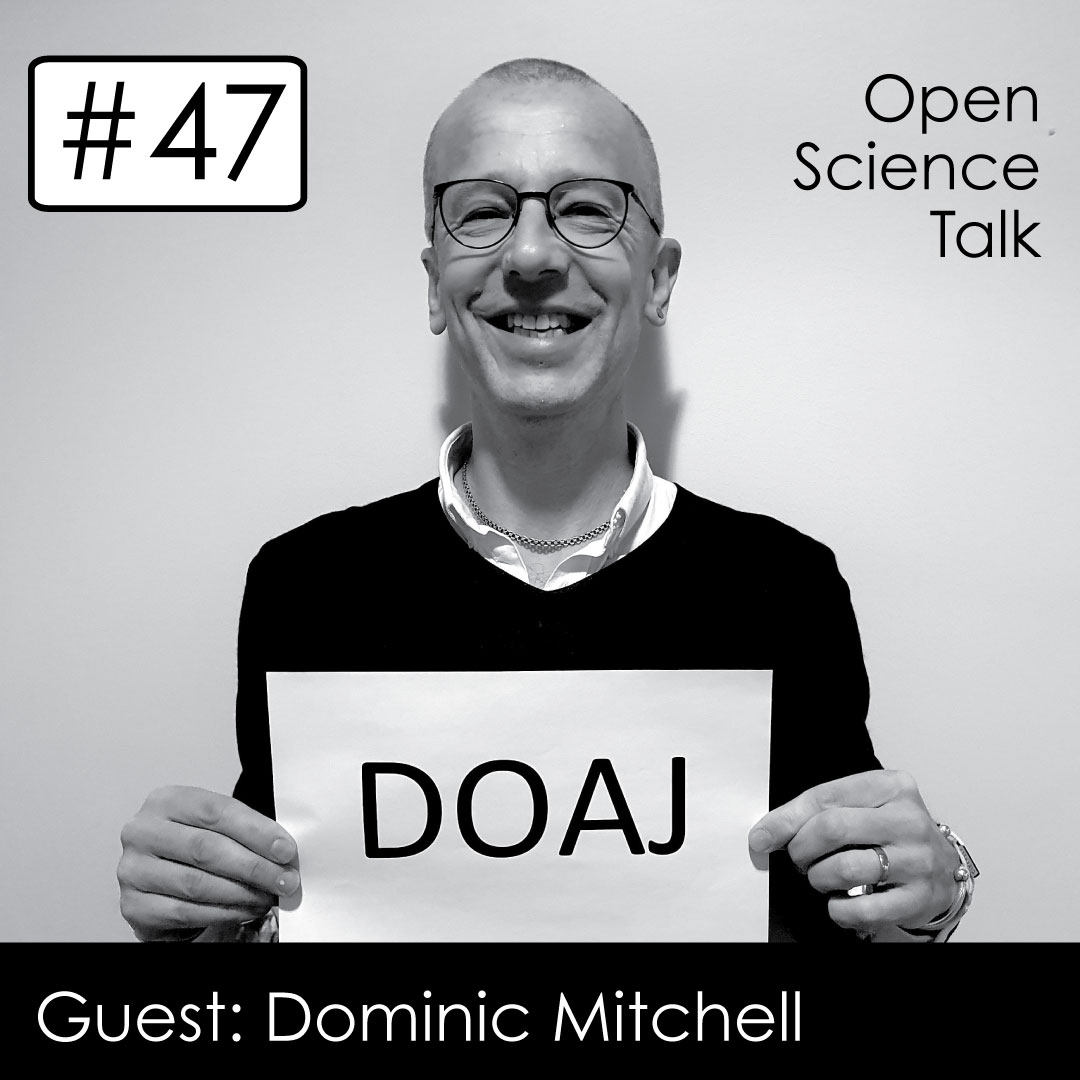
A short introduction to DOAJ
No. 47 (2022)The Directory of Open Access Journals (DOAJ) was founded in 2003. It currently lists more than 18,000 peer-reviewed, strictly open access journals (Gold or Diamond). Dominic Mitchell, who has worked for DOAJ for the last ten years, explains how the indexing process is managed by a combination of volunteers and salaried staff like himself, how they work to exclude predatory journals from the list, and how DOAJ is financed. He also discusses collaborative projects that DOAJ are involved in, including The Principles of Transparency and Best Practice in Scholarly Publishing (4th ed., 2022).
First published online: December 30, 2022.
-
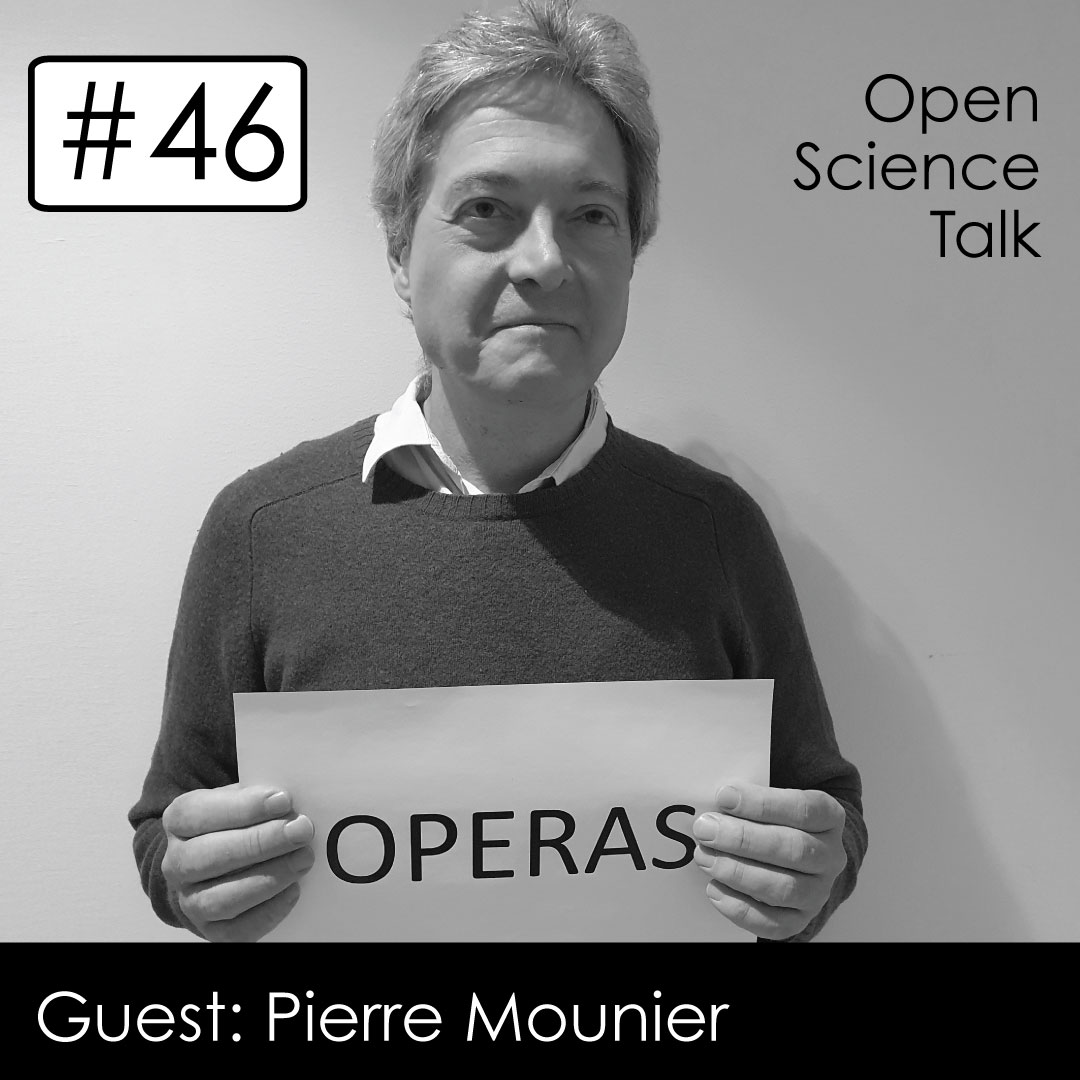
The whys and whats of OPERAS
No. 46 (2022)OPERAS, the European research infrastructure dedicated to open scholarly communication in the social sciences and humanities, has more than 50 member institutions from 16 different countries. The aim is to share knowledge between stakeholders across Europe through a variety of multinational Special Interest Groups developing collaborative services and projects. As a distributed infrastructure, OPERAS works to promote open dissemination of research-based knowledge about society and culture.
First published online: December 27, 2022.
-
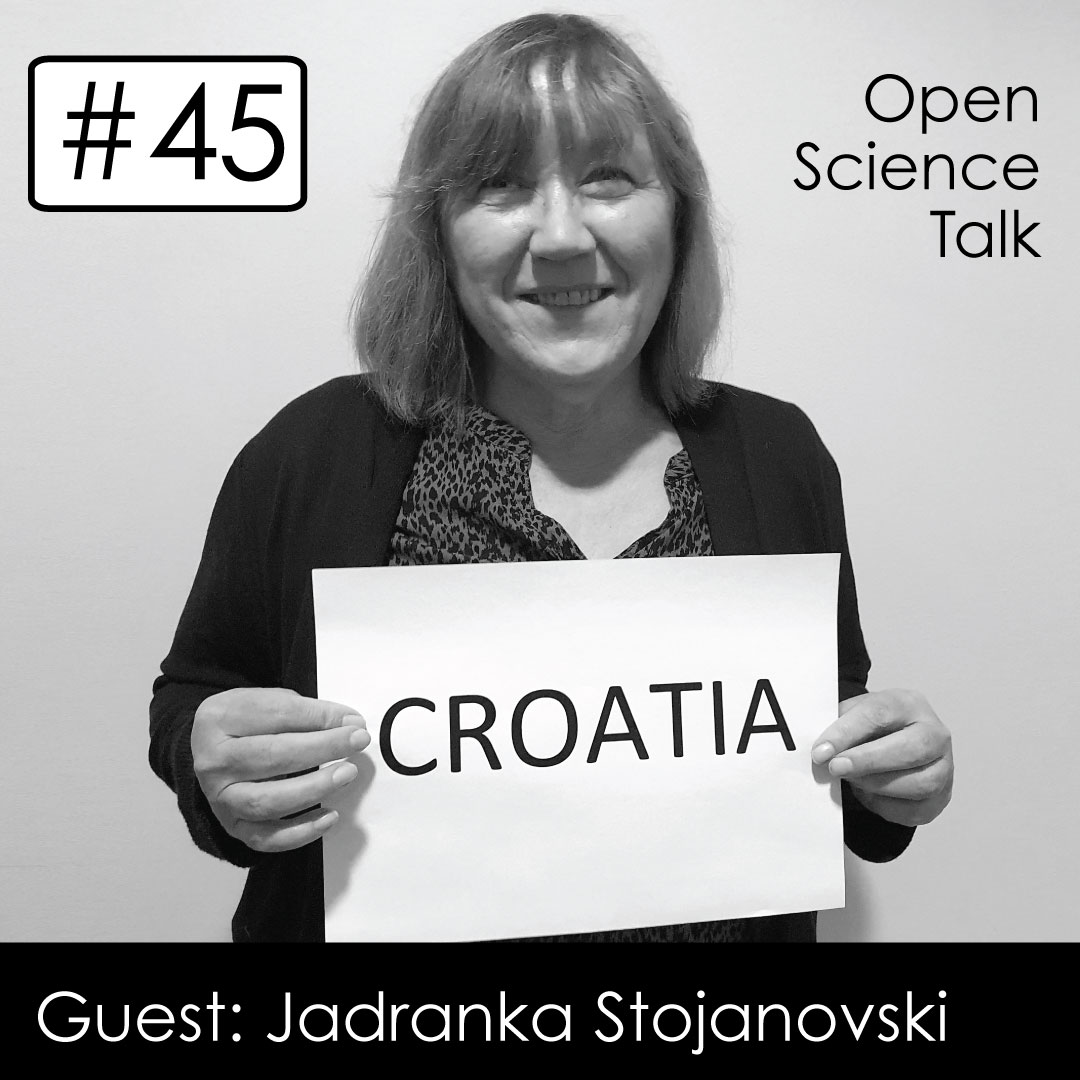
Open Science – A Croatian Perspective
No. 45 (2022)Jadranka Stojanovski discusses the evolution of library support for open science from a Croatian perspective. Since the 1990s, she has been heavily involved in several national research infrastructures, such as: the combined scientific bibliography and green open access repository CROSBI; HRČAK, a platform now hosting more than 500 open access journals and other scholarly series; DABAR, a collaboration between various institutional repository services.
First published online December 13, 2022.
-
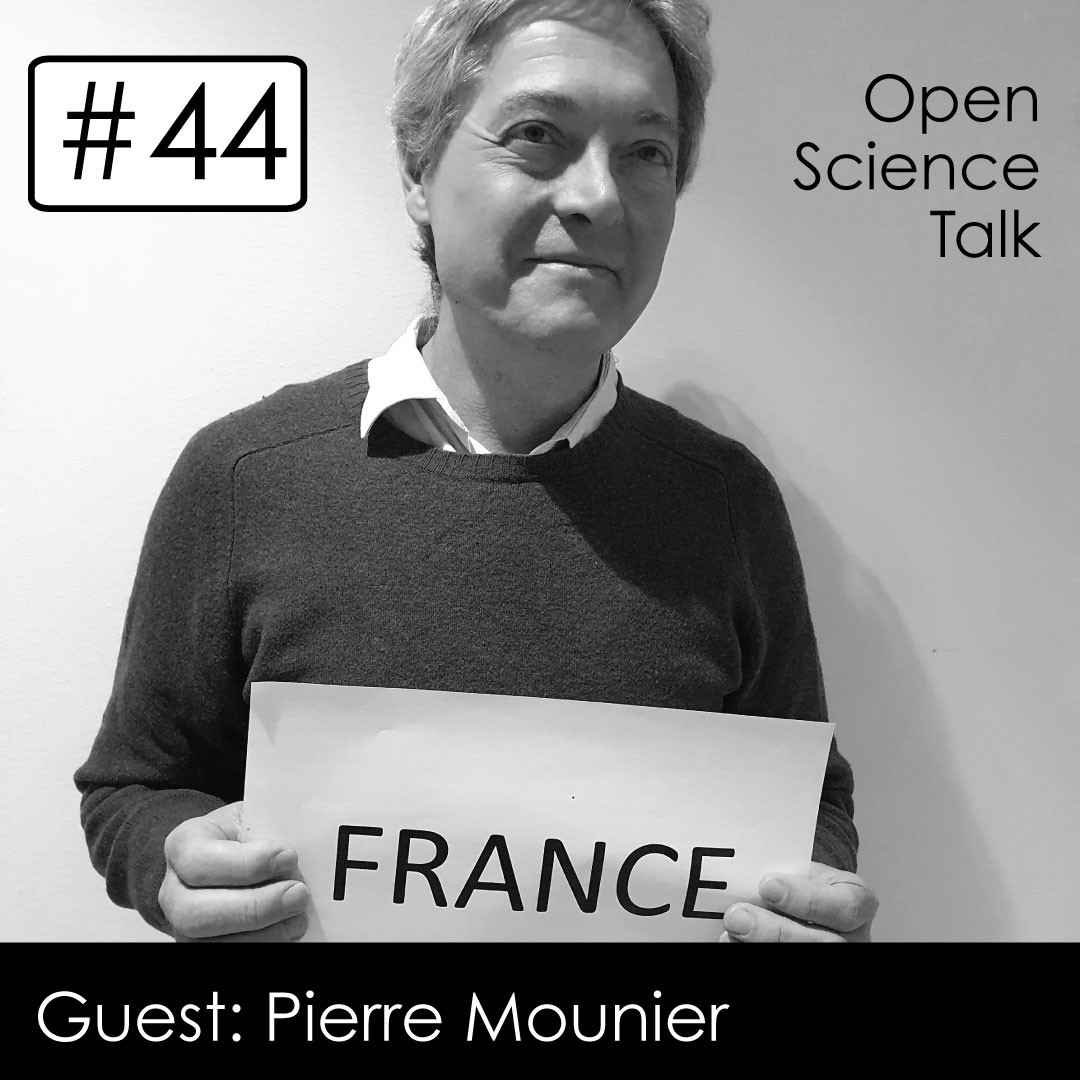
Open Science – A French Perspective
No. 44 (2022)A discussion about the origins and growth of various French infrastructures for open research, especially in the Social Sciences and Humanities (SSH). Among the services discussed are OpenEdition, a national publishing infrastructure for Open Access journals and books in the SSH disciplines; the HAL archive, a national repository for Green Open Access documents; and various research data services, such as Huma-Num, a repository designated for Digital Humanities materials.
Recording made in conjunction with the Munin Conference on Scholarly Publishing. First published online December 8, 2022.
-
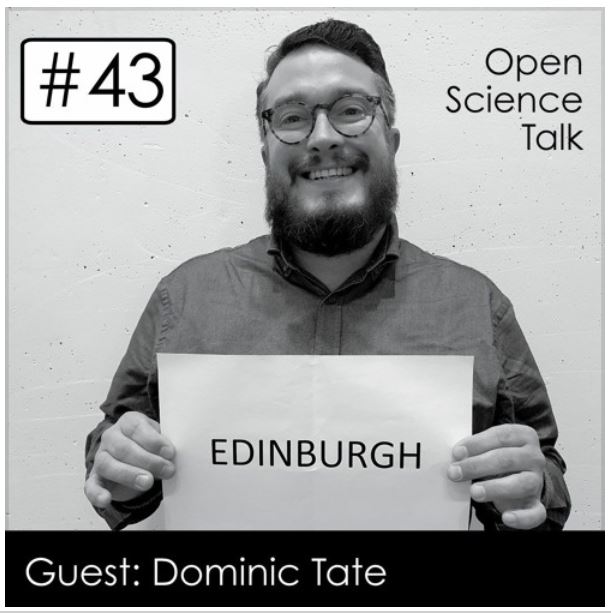
The Rights Retention Policy of Edinburgh University
No. 43 (2022)As the first UK institution, Edinburgh University adopted a Rights Retention Policy on 1st January 2022. As a result, all research articles written by Edinburgh’s researchers can now be made legally available in open access immediately upon publication in a journal or a volume of conference proceedings. In this episode, head of Library Research Support at Edinburgh University Library, Dominic Tate explains how the policy came into being and how it has been received by academic publishers.
Podcast recording made in conjunction with the Munin Conference on Scholarly Publishing. First published online December 5, 2022.
-
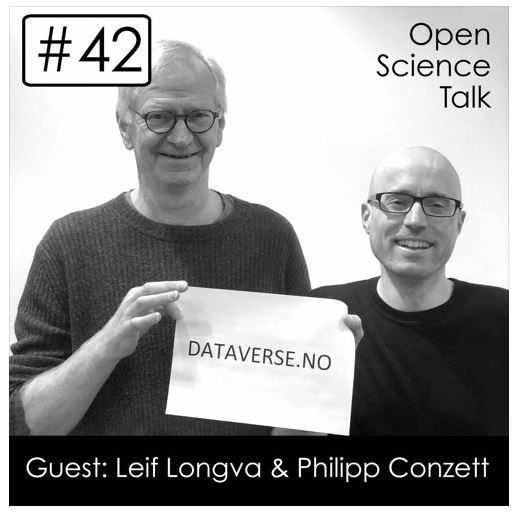
Dataverse.no
No. 42 (2022)The service for open research datasets Dataverse.no was established in 2017. Five years later, it holds some 1,300 datasets created by researchers at fourteen partner institutions. All submitted datasets are curated (checked) before they are published by curators at the various institutions. In addition, curators have established courses and webinars helping researchers make their datasets as FAIR as possible (FAIR = Findable, Accessible, Interoperable, Reusable). In this episode, Leif Longva and Philipp Conzett tell about how it has expanded, from a subject-specific archive called TROLLing (Tromsø Repository of Language and Linguistics) to the generic, CoreTrustSeal-certified service that we see today.
First published online: November 11, 2022
-
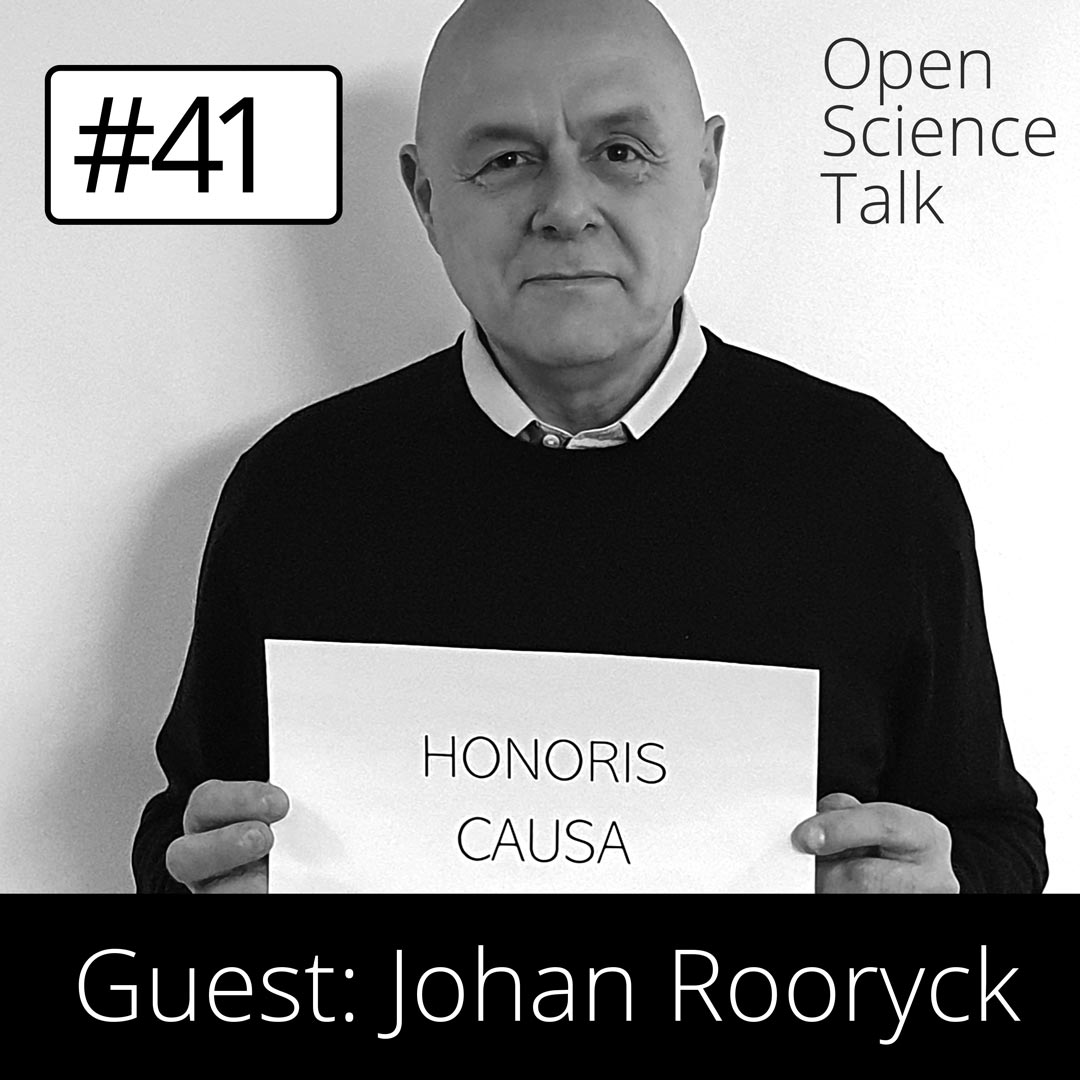
Dr. h.c. Johan Rooryck – an in-depth interview
No. 41 (2022)On 1 September 2022, professor of linguistics and director of cOAlition S Johan Rooryck was created a doctor honoris causa at UiT The Arctic University of Norway. In this in-depth interview, Rooryck reflects on his career so far and shares his vision of a future where scholar-led, fair and equitable open access prevails over commercial publishing structures.
First published online: September 12, 2022.
-
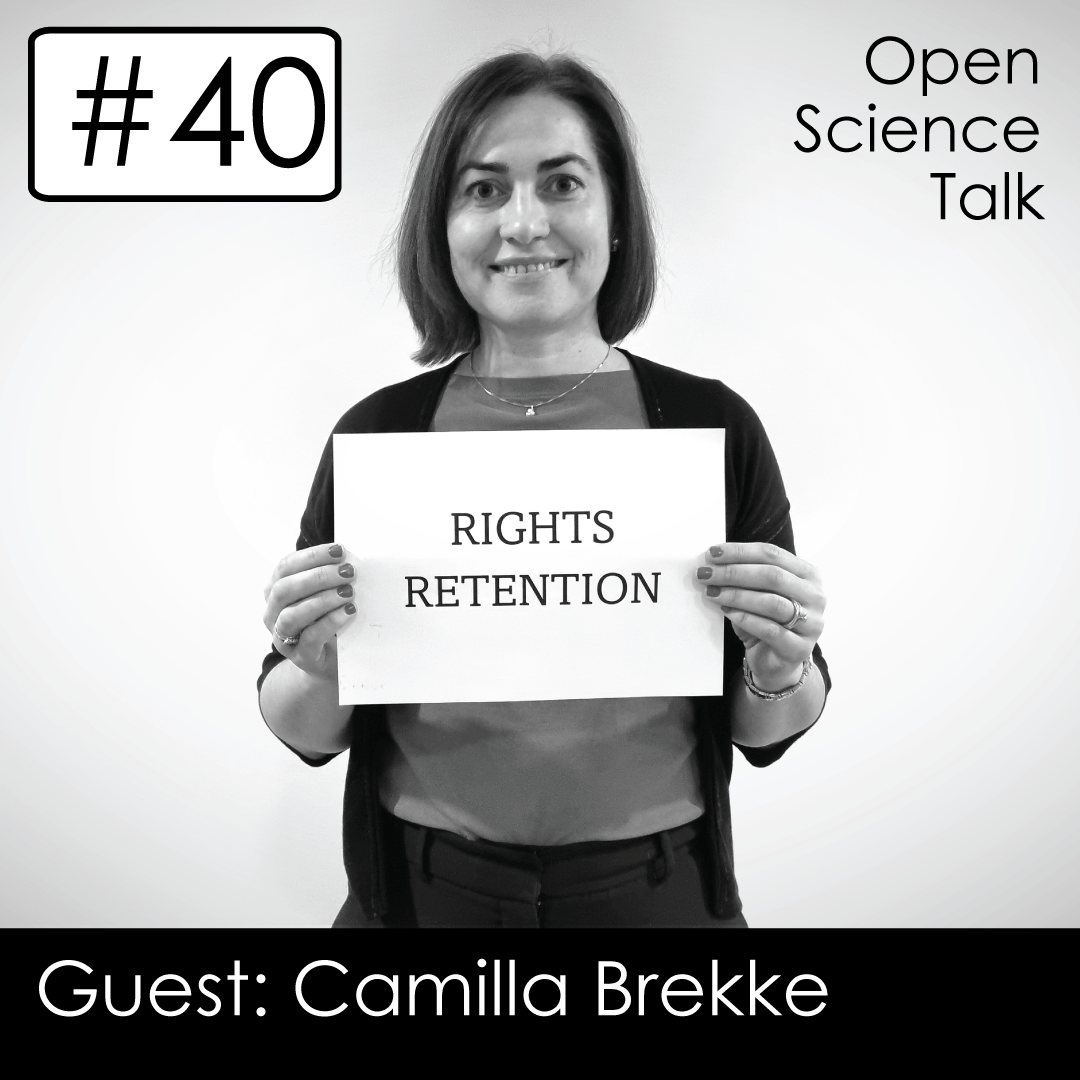
An Institutional Rights Retention Strategy
No. 40 (2022)In this episode, Camilla Brekke, prorector for research and development at UiT The Arctic University of Norway, informs about the institution's new Open Access Policy, in which Rights Retention is a key element.
First published online: January 12, 2022
-
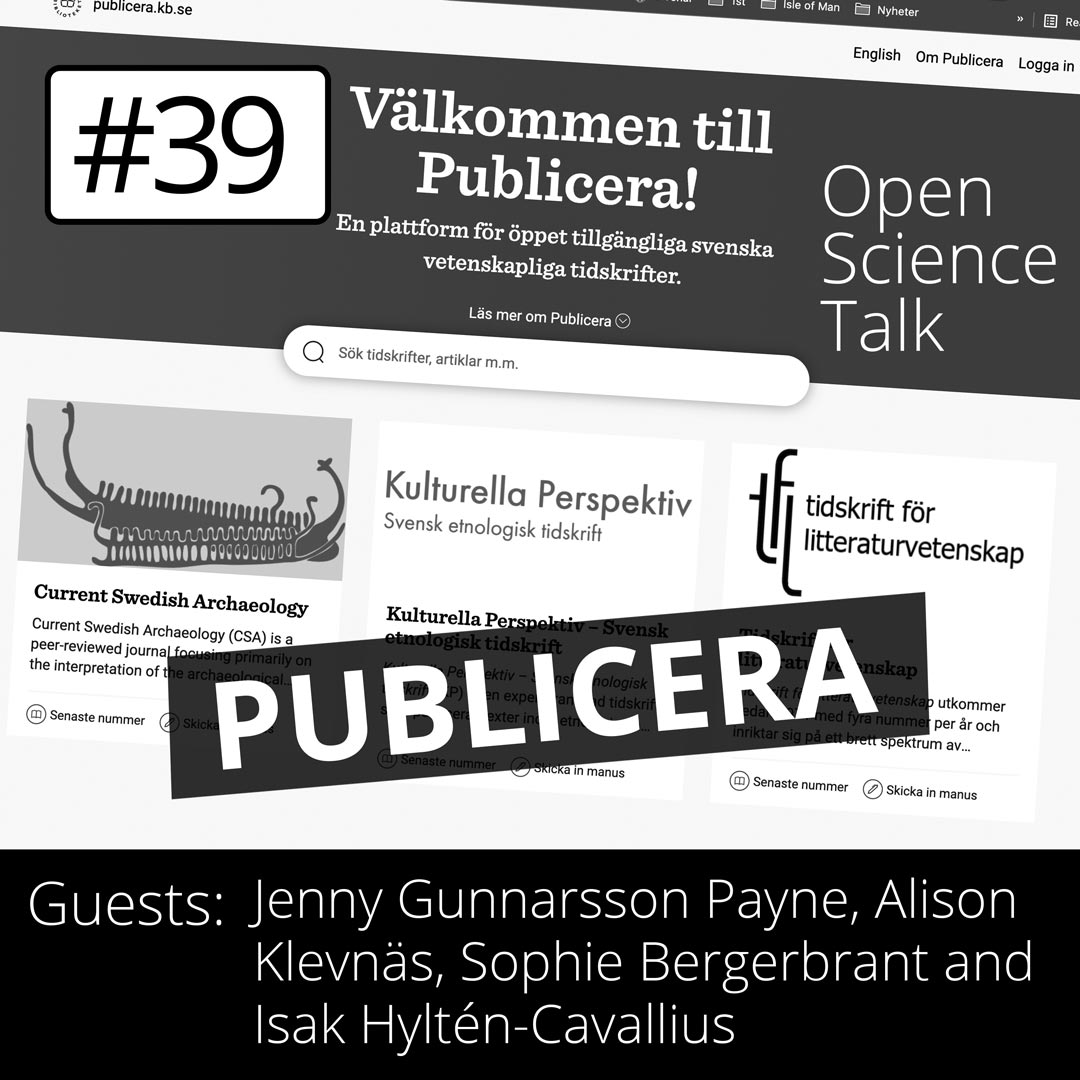
Journal transition to an Open Access platform
No. 39 (2021)The National Library of Sweden recently launched a platform for Swedish Open Access journals, known as Publicera (publicera.kb.se). So far, three journals from the humanities and social sciences have completed their transition onto the platform. In this episode, editors of the journals describe the transition process and reflect upon the economics, workflows, technicalities and not least the strategic goals of their journals in an international open science landscape.
First published online: December 9, 2021
-
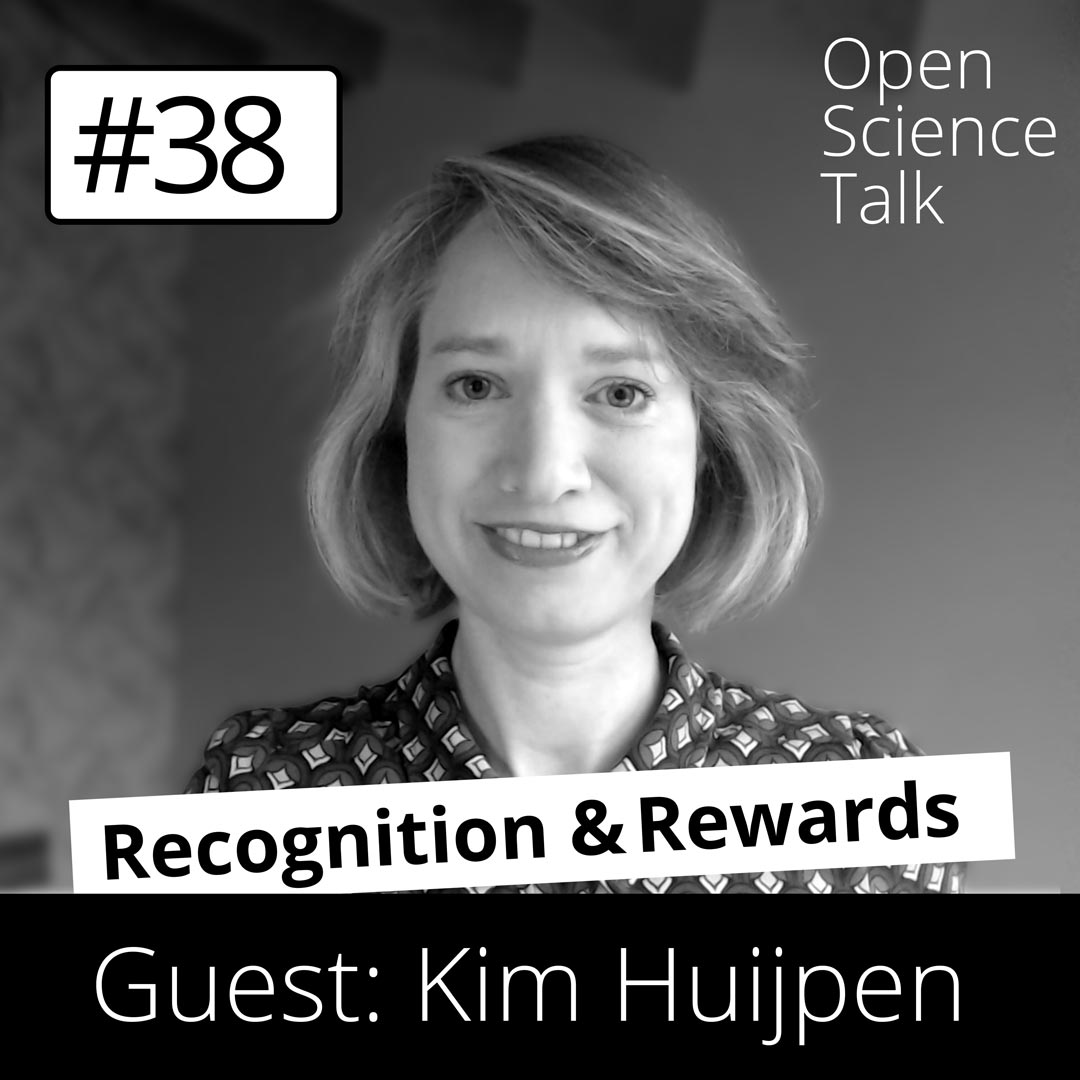
Recognition & Rewards in the Netherlands
No. 38 (2021)In this episode, Kim Huijpen from the Association of Universities in the Netherlands (VSNU) tells about the programme following the publication of Room for Everyone's Talent, a position paper aiming for a wholescale overhaul of the practices of research assessment in the Netherlands. The podcast interview was made in conjunction with the Munin Conference in November 2021.
First published online: November 16, 2021
-
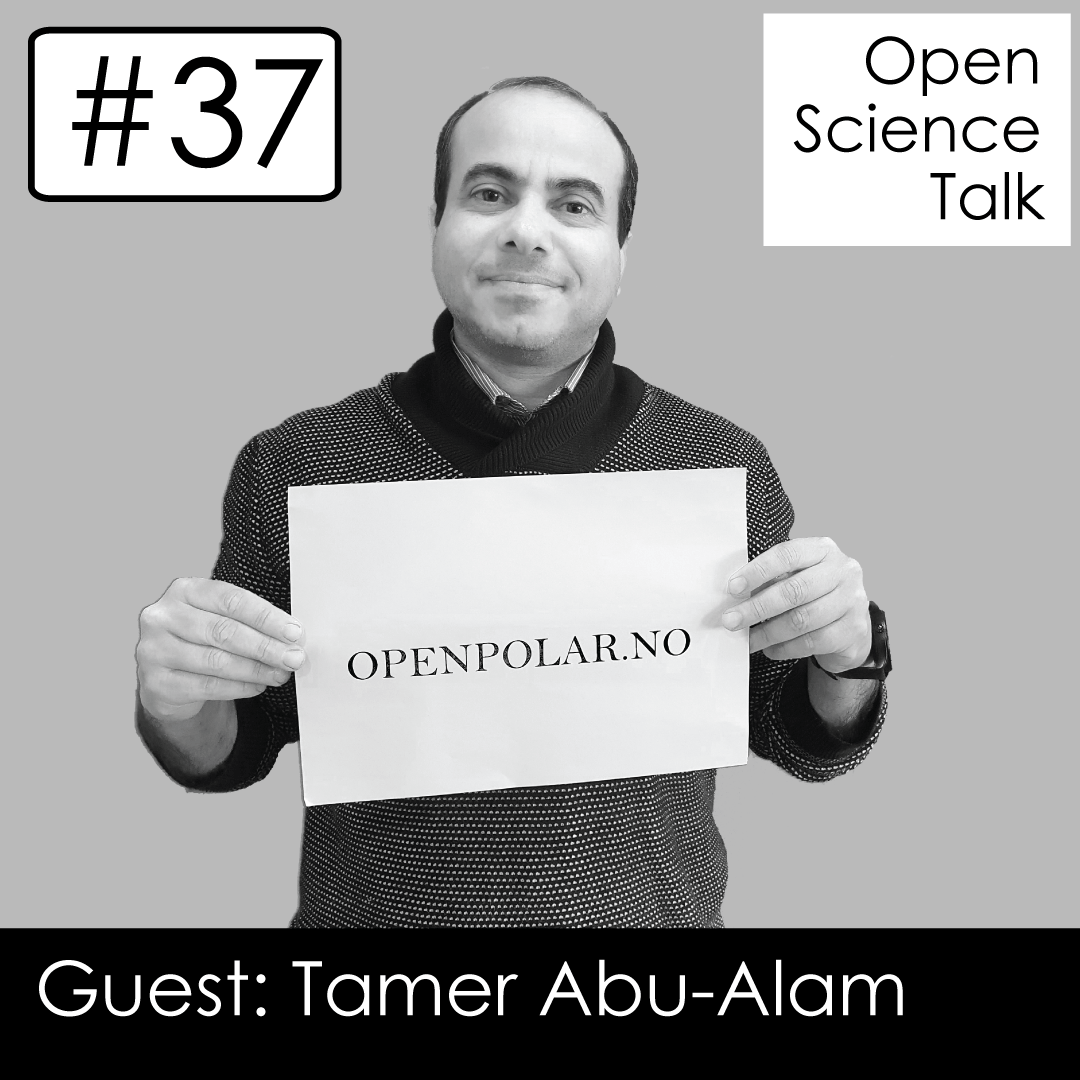
OPENPOLAR.NO
No. 37 (2021)In this episode, we discuss the new service Open Polar: The Global Open Access Portal for Research Data and Publications on the Arctic and Antarctic (openpolar.no). Presenting only freely available documents on the Arctic and Antarctic, Open Polar is a thematic search engine that can be a useful tool for both researchers and decision makers. Tamer Abu-Alam explains the reasons for filtering out all research documents that are not available in open access, thereby promoting open science. Of the 1,8 million records currently included in Open Polar, approx. 22,5 percent are research datasets, which makes the service unique.
First published online: August 27, 2021.
-
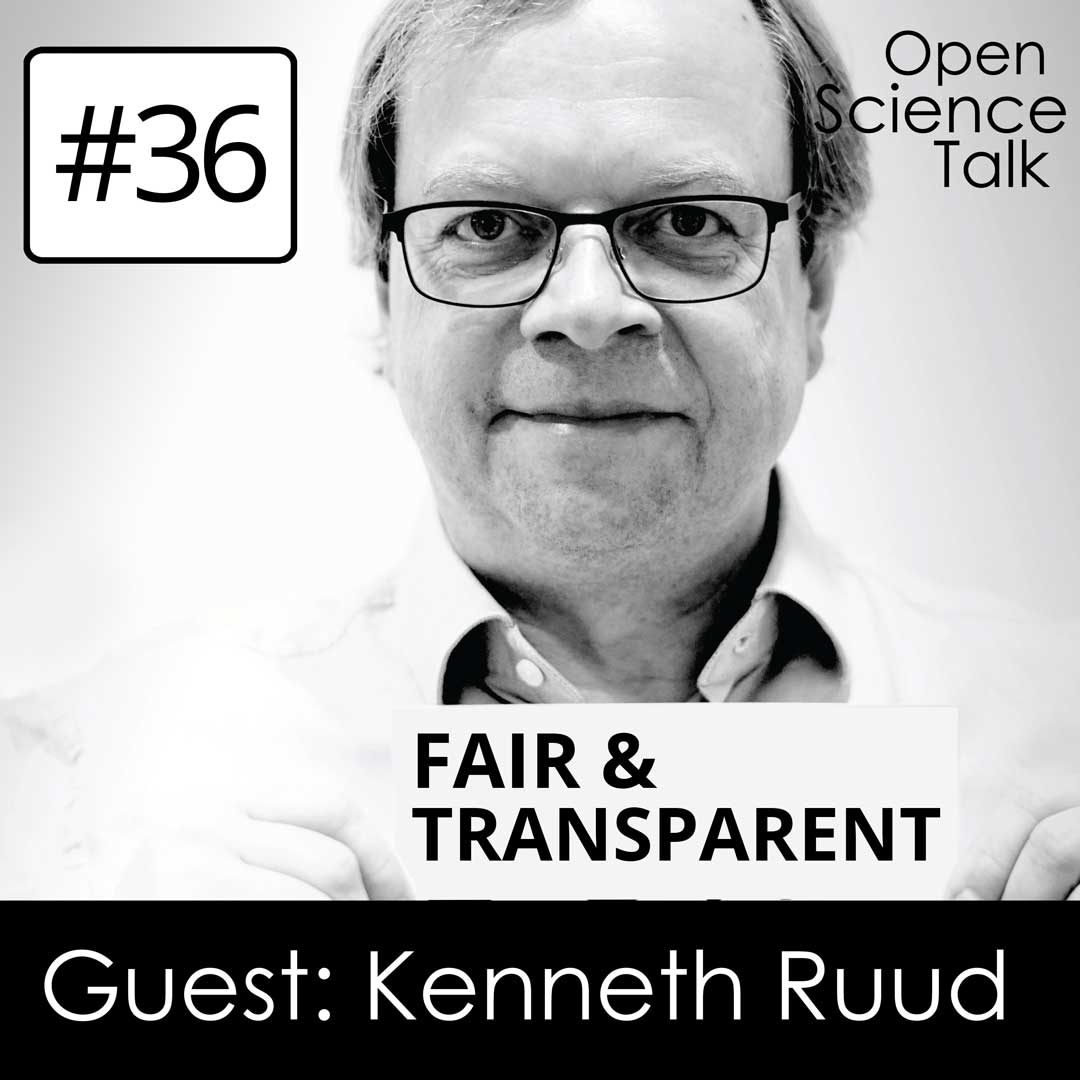
FAIR and transparent research data - an introduction
No. 36 (2021)This interview was recorded in July 2020 for DocEnhance, an EU-funded project that aims to broaden the expertise of PhDs by developing courses in transferable skills. One such transferable skill is how to manage your research data in a transparent manner and as much as possible in accordance with the FAIR principles (Findable, Accessible, Interoperable, Reproducible). Professor of computational chemistry and prorector for research and development at UiT The Arctic University of Norway, Kenneth Ruud gives an introduction to FAIR and transparent research data management, emphasizing that this will not only help Science develop, but also help the career of individual researchers.
-
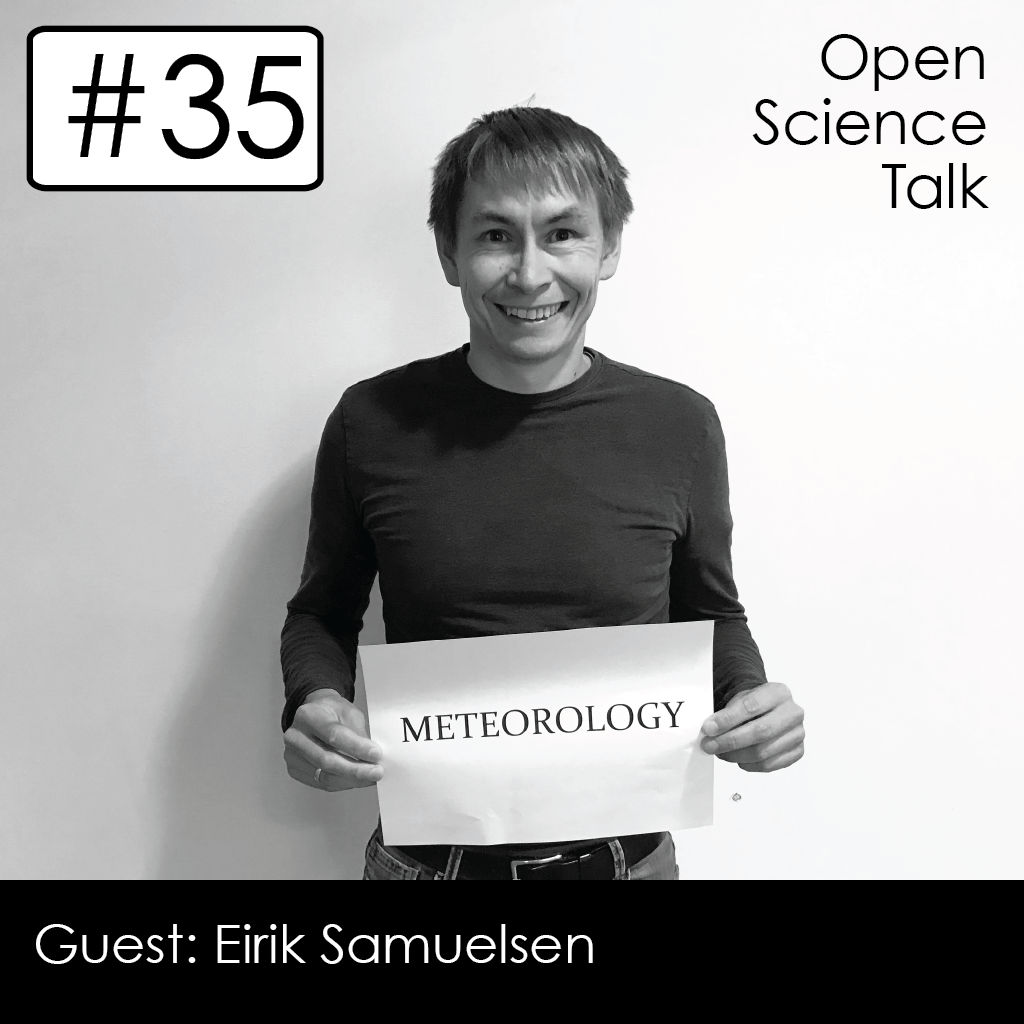
Meteorology as Citizen Science
No. 35 (2020)Eirik Samuelsen, senior meteorologist at the Norwegian Meteorological Institute (Met) and UiT The Arctic University of Norway, discusses the importance of citizen science to current meteorology in Norway. Amateurs contribute to the improvement of weather forecasts in various ways, from anecdotic but valuable feedback on errors in the forecast to a large network of private weather stations providing precious data for the free-to-use weather service www.yr.no.
Besides yr.no as such, which is maintained by the Norwegian Broadcasting Corporation (NRK), there is mention of Eiriks værblogg (Eirik's weather blog) on Facebook, the network of Netatmo Weather Stations, the open database of meteorological models and weather data thredds.met.no, and the project Smart Senja.
First published online September 23, 2020.
-
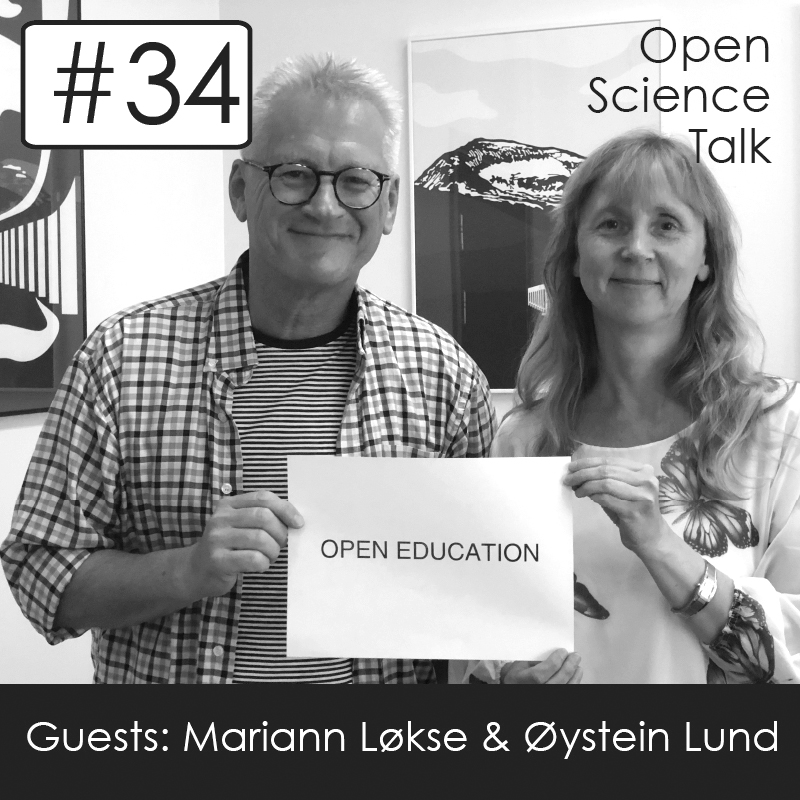
Library Support for Open Education
No. 34 (2020)Mariann Løkse, head of Library Services, and Øystein Lund, head of the Resource Center for Teaching, Learning and Techology at UiT The Arctic University of Norway share their thoughts on open education. They talk us through information literacy, MOOCs, learning outcomes from online courses as compared to traditional classroom lectures, and a range of other aspects of digital teaching and learning.
First published online June 25, 2020.




